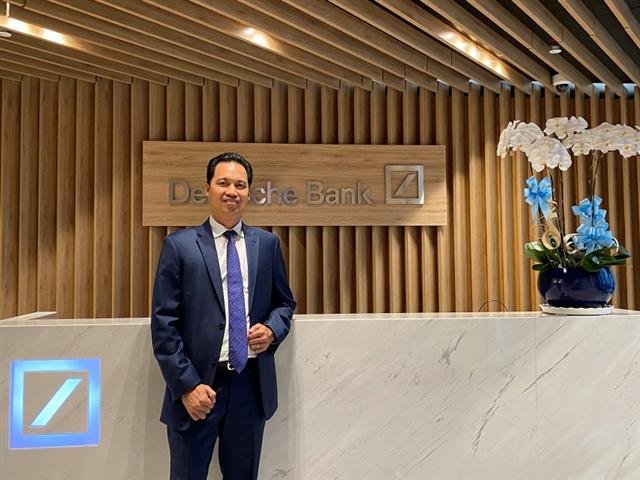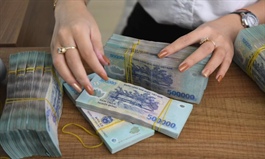Deutsche Bank enhances FX platform for new Vietnam FX hedging rules
Deutsche Bank enhances FX platform for new Vietnam FX hedging rules
Deutsche Bank Vietnam, part of Deutsche Bank, a leading bank in Germany with strong European roots and a global network, is enabling offshore institutions and corporates to better manage their exposures to Vietnam’s currency by launching new features for post-trade activities on its award-winning foreign-exchange platform, Autobahn.

Deutsche Bank's new move caters to the growing volume of disbursed foreign direct investment into Vietnam
|
The bank’s introduction of new VND risk management options coincides with new Vietnam FX hedging rules introduced by the State Bank of Vietnam which took effect on May 17 to simplify onshore currency hedging for offshore entities.
The new simplified hedging rules enable foreign institutions to better manage VND exposures in post-trade transactions like foreign institutions investing in local currency government bonds. Foreign investors can now access the onshore forward price to hedge their underlying government bond exposure.
Foreign corporations now can also hedge for up to one year for long term liabilities such as intercompany loans, and roll over their hedge contracts until the maturity of their liabilities.

Deutsche Bank chief country officer Huynh Buu Quang
|
“Under the new regulations, foreign institutions and corporations now have more tools to hedge their exposure to local currency fluctuations,” said Deutsche Bank chief country officer Huynh Buu Quang. “These rule changes are a positive step toward deepening foreign participation in Vietnam’s fixed income markets, and help facilitate the growing volume of foreign investment into Vietnam.”
Deutsche Bank’s expansion of VND FX pricing on its platform aims to cater to the growing volume of disbursed foreign direct investment into Vietnam, which was $5.5 billion in April this year, up 6.8 per cent on-year.
At end of April, registered foreign investment volume into Vietnam reached $12.25 billion, with foreign multinationals investing to develop manufacturing supply chains in the growing Vietnam economy, and foreign institutional investors seeking to participate in the country’s growth.
By Anh Duc
























